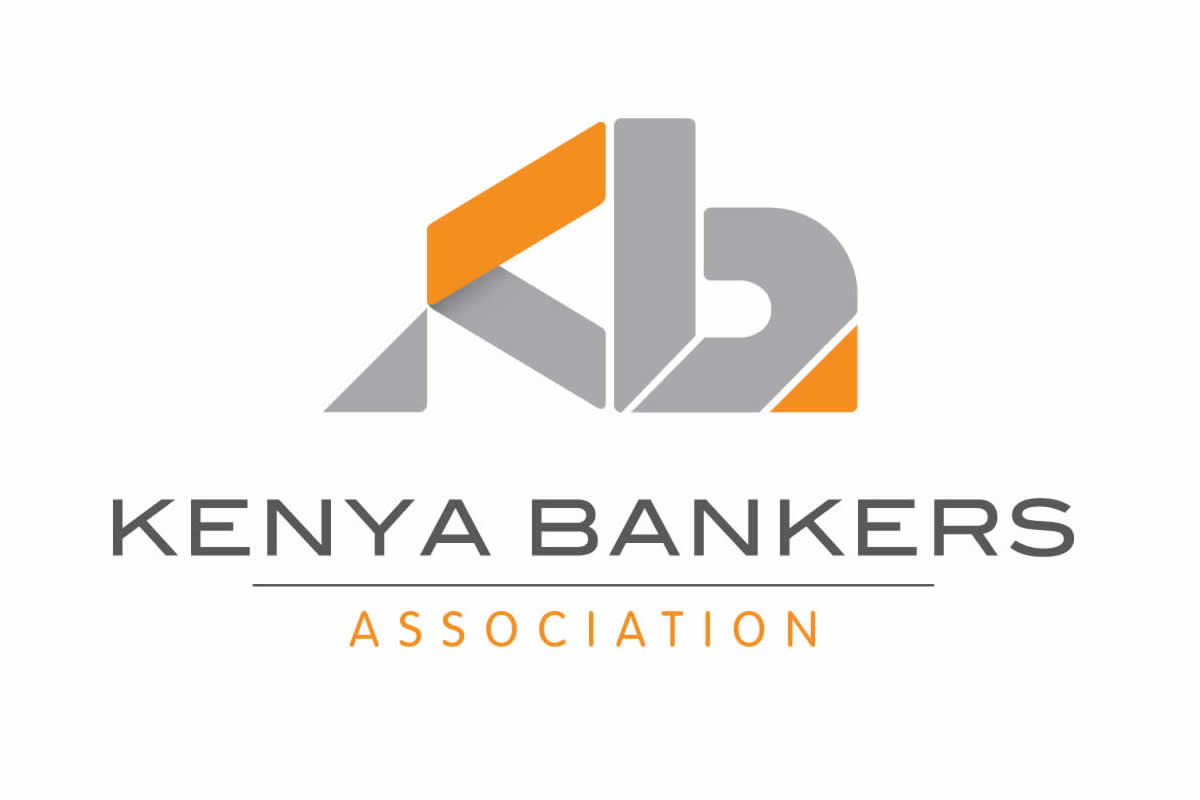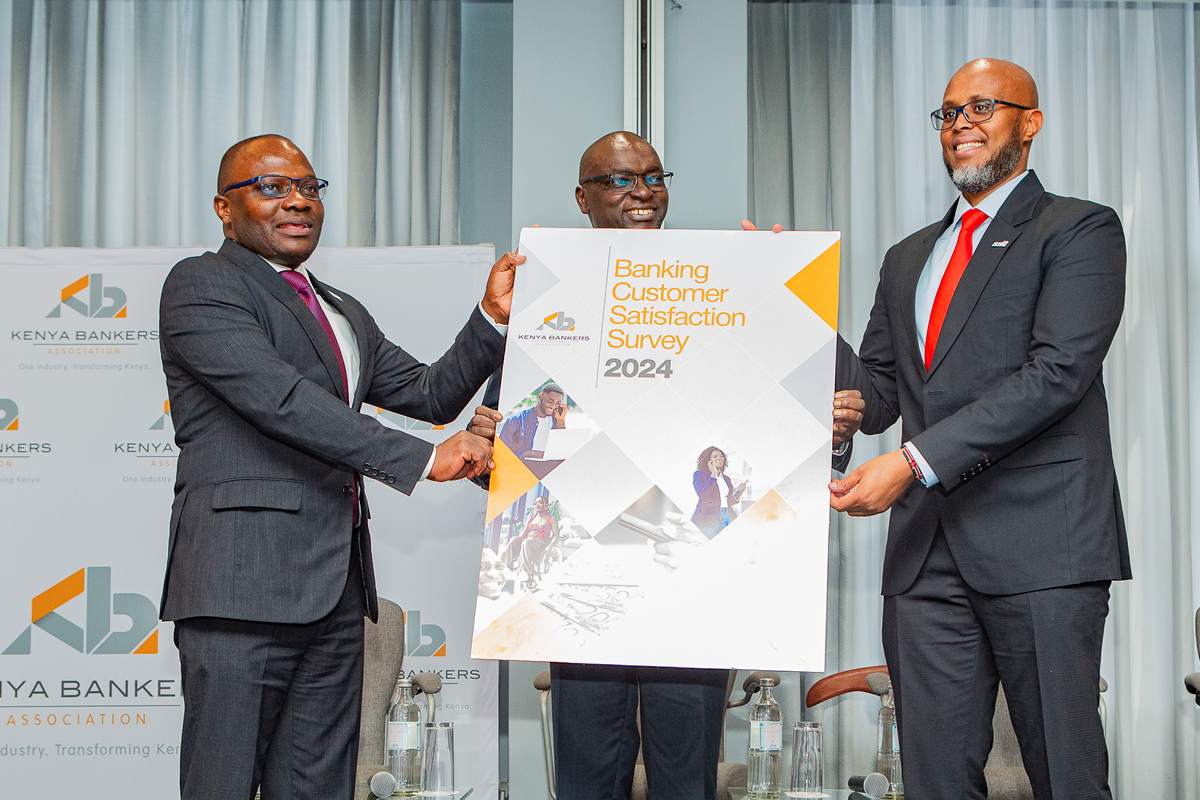- More Than 95 Percent Of Banks Support Kenya’s Attainment Of The Sustainable Development Goals
- Voluntary Disclosure Exercise Established That 52.4 Percent Of Banks Were On Course In Implementing SFI Guiding Principles.
- Over 47 Percent Of Banks Are Actively Implementing The SFI Principles In Their Day-To-Day Operations.
Nairobi 24th March 2021 – As the climate debate rages on with no signs of the associated risks abating, 85.7 per cent of banks in Kenya have reported that their credit policies ensure responsible and sustainable lending practices, according to the 2020 State of Sustainable Finance in Kenya’s Banking Industry Report.
The report indicates that 71.4 per cent of banks have developed policies that promote optimal management of financial resources and natural capital (water use, clean air and pollution control). Meanwhile, about 85.7 per cent of banks revealed that they monitored macroeconomic impact on firm’s performance, including future impacts.
State Department of Housing and Urban Development, Principal Secretary, Charles Hinga (CBS), commended the strides made by the banking industry in as far as re-orienting their business goals to encompass sustainable development. He also lauded KBA for championing the Sustainable Finance Initiative across the industry.
“I wish to applaud KBA for actively bolstering meaningful progress in the banking industry by encouraging financers to integrate in their decision-making processes a forward-looking orientation while financing commercial activities,” he said during an event held to release the report. However, the 2020 State of Sustainable Finance in Kenya’s Banking Industry report disclosed that there is a need to issue comprehensive sustainability reports that are not integrated in financial reporting. Only 57.1 per cent of banks do so.
KBA Chief Executive Officer, Dr. Habil Olaka noted that the Association had taken on a transformative deliberate journey by building capacity of bank staff to enable them to make more inclusive decisions that factor in economic, environmental, and social impacts while also balancing their firm’s financial returns.
“Today, more than 33 thousand bank employees have been empowered through the SFI e-Learning platform to make more inclusive decisions that factor in economic, environmental, and social impacts while also balancing their firm’s financial returns,” he said.
KBA received funding support from WWF-Kenya to develop the study which also revealed that 52.4 percent of banks were on course in implementing the KBA Sustainable Finance Guiding Principles, while 47.6 percent of banks were actively implementing the Principles in their day-to-day operations.
“Economies across the globe are grappling with the Coronavirus (COVID-19) pandemic, which has disrupted and burdened several economic sectors. This is possibly our greatest reminder that social inclusion and participatory development is critical if we are to go back to our normal lives. Encouraging though is the fact that technology embedded innovations might be some of the greatest winners in the post-COVID-19 era. We are proud that by supporting the KBA technology-rich platform and the report, we are already shaping the future story of the Finance sector in Kenya – a critical hub for East Africa and Africa at large.” Mohamed Awer, CEO WWF-Kenya stated during the virtual launch of the report.
Separately, during the launch, KBA unveiled the revamped SFI e-Learning platform. The platform was converted into a modern, dynamic and disability friendly site by Farwell Innovations, a software development company. This is in line with the Association’s ambition to advance inclusivity for underserved segments of society.
In her remarks during the launch ceremony, KBA Director of Public Affairs Nuru Mugambi said, “Over the years, the Kenya Sustainable Finance journey has intertwined with other like-minded countries through industry associations and regulators, all of whom have been on a path towards ensuring a more resilient, responsive and responsible financial sector. From Mongolia to Peru, Morocco to UAE, and Nigeria and Ghana to South Africa, the Kenya Bankers Association (KBA) has engaged in a process of industry development that has largely been shaped by the market and underpinned by key partnerships, including government, development finance institutions and environmental organizations.”
She added that, “We especially appreciate all bank employees who have taken the time to learn about the Sustainable Finance Principles and understand how they can help shape a more sustainable economy through their roles.”
About the Kenya Bankers Association:
KBA (www.kba.co.ke) was founded on 16th July 1962. Today, KBA is the financial sector’s leading advocacy group and banking industry umbrella body that represents total assets in excess of USD 40 billion. KBA has evolved and broadened its function to include advocacy on behalf of the banking industry, and championing financial sector development through strategic projects such as the launch of the industry’s first P2P digital payments platform PesaLink. In line with the Government’s policy on public-private partnerships, KBA and Central Bank of Kenya have implemented key projects such as modernization of the National Payments System through the Automated Clearing House, implementing the Real Time Gross Settlement System (RTGS), and the Kenya Credit Information Sharing Initiative. The KBA members are comprised of commercial banks and deposit taking microfinance banks.
About WWF – Kenya
WWF, the global conservation organization, is one of the largest conservation organizations in the world. WWF-Kenya (WWF-K) implements programs and projects that contribute to providing an enabling environment for the achievement of sustainable natural resource management. WWF – Kenya is currently supporting the Green Bonds Programme – Kenya to determine the existing and estimated future investment potential and financing demand for green investment projects in Kenya.
Media Contacts:
Nuru Mugambi
Director, Communications and Public Affairs
Email: nmugambi@kba.co.ke



